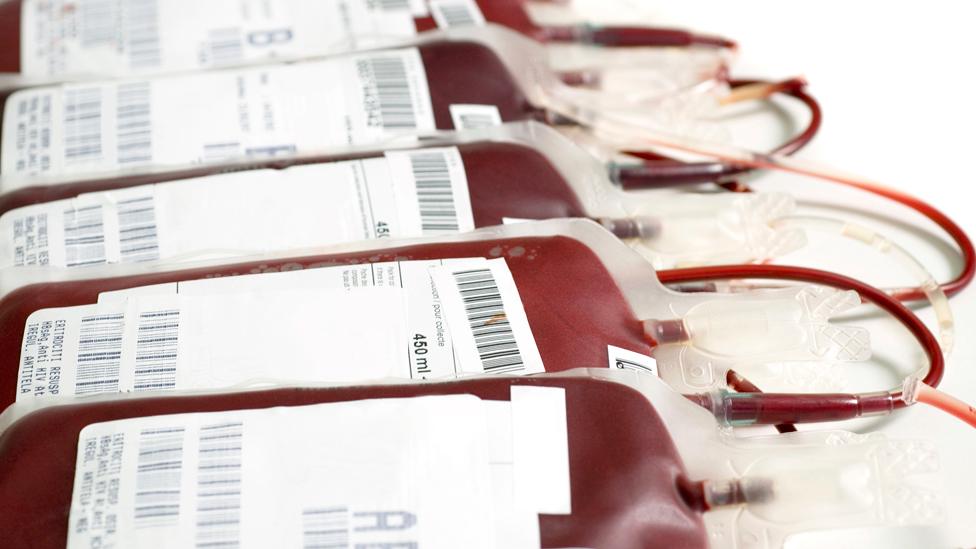Contaminated blood inquiry: More witnesses prompt extension
- Published
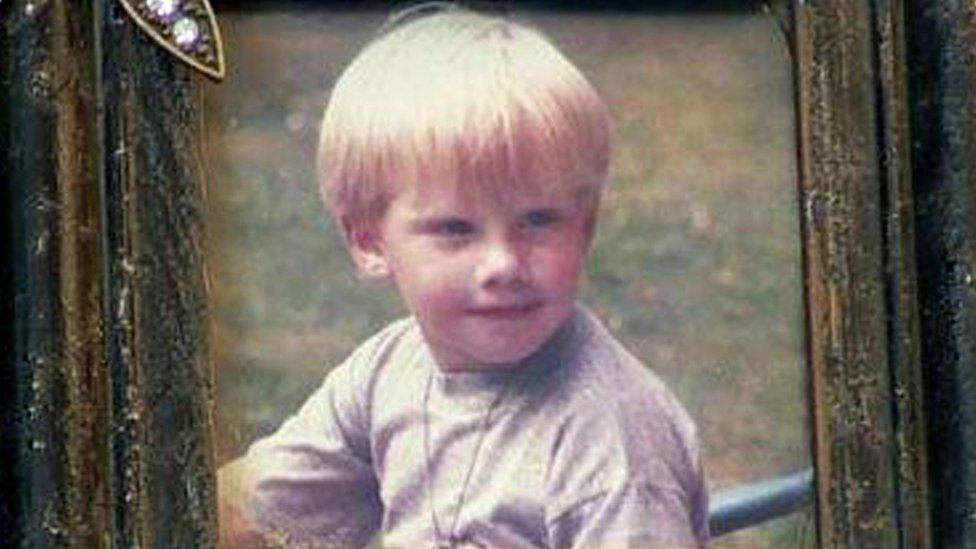
Colin Smith died at the age of seven after being infected with HIV/Aids
An inquiry into the NHS infected blood scandal will be extended due the number of witnesses who have come forward.
Sir Brian Langstaff, chairman of the inquiry, said almost 3,000 people have either submitted or promised statements.
This week saw evidence provided in Cardiff, following hearings in London, Leeds, Belfast and Edinburgh.
An extra four days have been added when the hearing resumes in London on 8 October.
The infection of up to 30,000 people with contaminated blood has been called the biggest treatment disaster in NHS history.
People with haemophilia and other bleeding disorders were given blood infected with HIV and hepatitis viruses, during the 1970s and 80s.
In his closing remarks, Sir Brian said themes relating to "consent, to communication, to delay in informing people of the diagnoses that was known by medics, to the way in which people were treated by others, stigma" had been revealed across the UK showing a "very consistent picture".
However, he added some accounts were "very individual because of their remarkable nature".
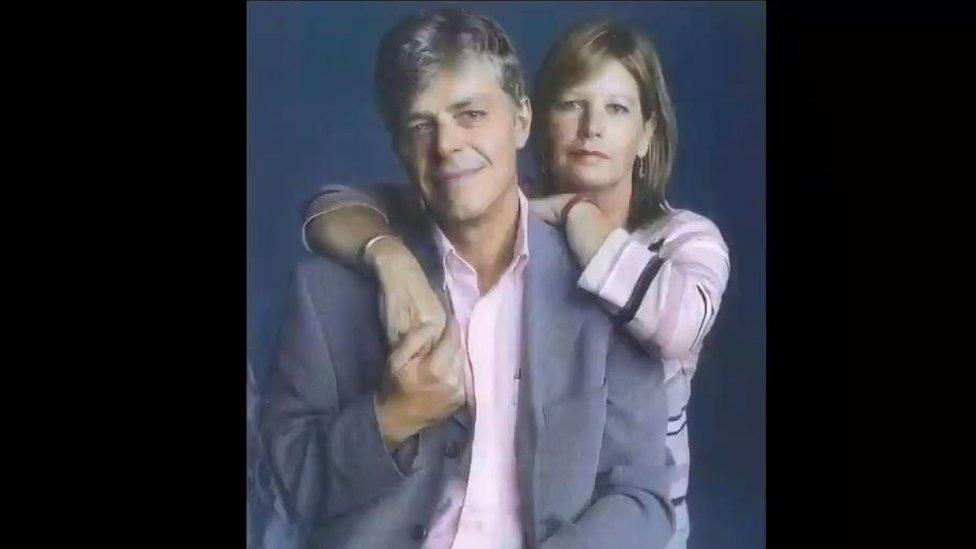
Haydn Lewis campaigned for justice for haemophiliacs affected by the blood scandal until he died in 2010
That included evidence of two brothers, Haydn and Gareth Lewis of Cardiff, who both died within seven months of each other after being infected with HIV and hepatitis C.
Emails showed Hayden Lewis, who campaigned for justice for haemophiliacs, was described as a "moaner" and "thick" by a trust that was appointed by the UK government to support haemophiliacs.
Sir Brian said: "Some accounts are very individual but they still paint a picture. I speak of the sorts of correspondence that came from bodies that were set up to care for and support people who were in need that used words which suggest the heart of those administering the scheme wasn't where it should have been."
The hearing also heard of seven-year-old haemophiliac Colin Smith who died in 1990 after being given infected blood products.
His parents said graffiti was daubed on their house, their car vandalised and parents of other children threatened to boycott the school if Colin attended.
"I think of the Smiths, though it's not the only case of stigmatisation, where it seems we are in danger of becoming a society that instead of offering a caring hand to somebody whose child is seriously ill, our hands instead reach for the spray-can of abuse," said Sir Brian.
"I'm quite sure there may yet be more to emerge and we have not finished taking evidence from those who wish to give it. Far from it.
"It takes courage to sum up a lifetime of suffering into an hour of testimony. It is a difficult task that stretches the emotions of anyone. I admire them."
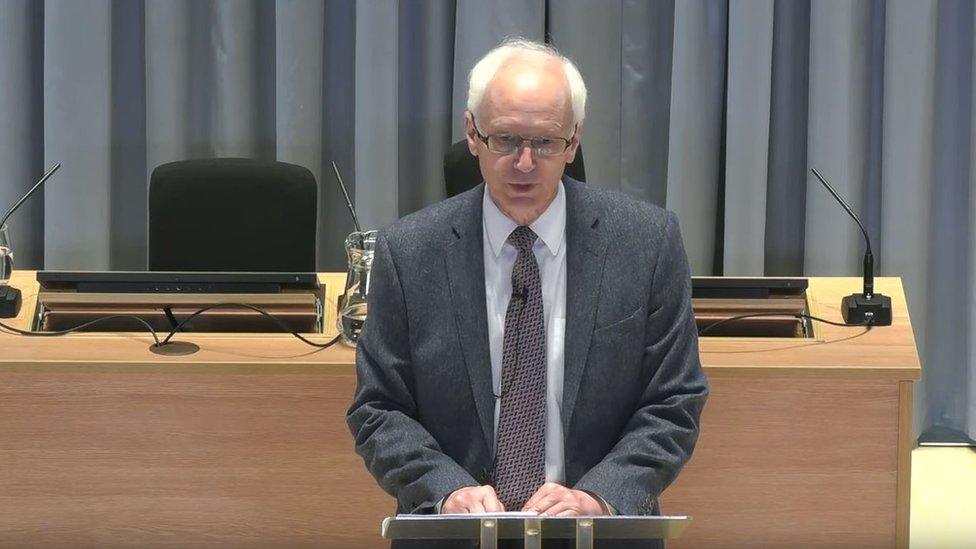
Sir Brian Langstaff said it was vital to hear from as many people affected as possible - though time was not on the inquiry's side
Additional days between 29 October and 1 November have been added to the next hearing.
However Sir Brian admitted the inquiry does not have the "luxury of time".
He added: "We've been reminded that every four days somebody will die from hepatitis C and those are the people we know about. We may not know about all the others that have suffered because they may not know themselves."
- Published26 July 2019
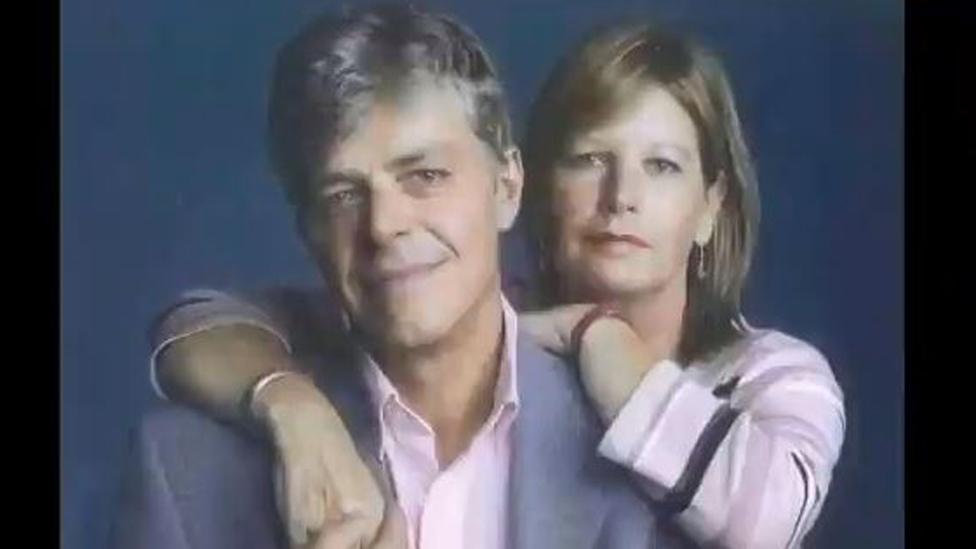
- Published26 July 2019
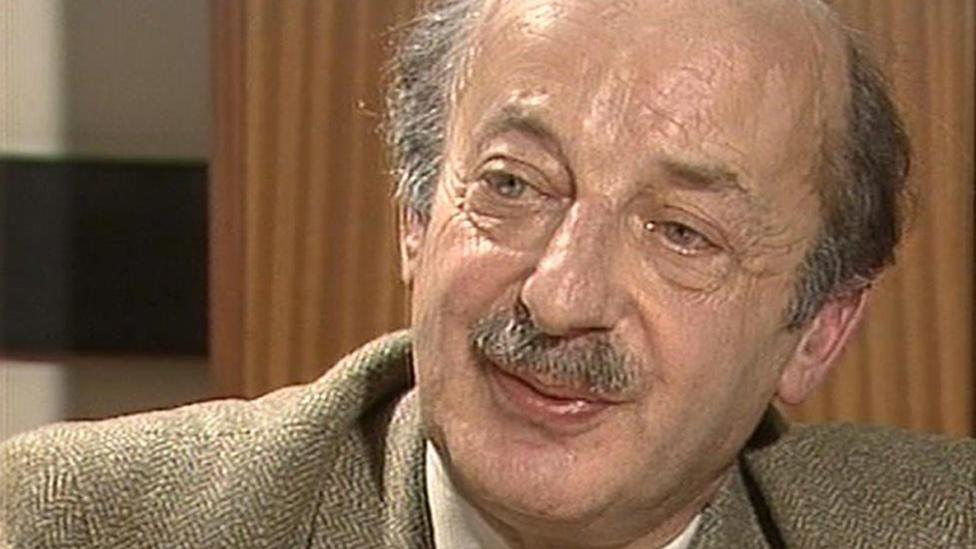
- Published25 July 2019
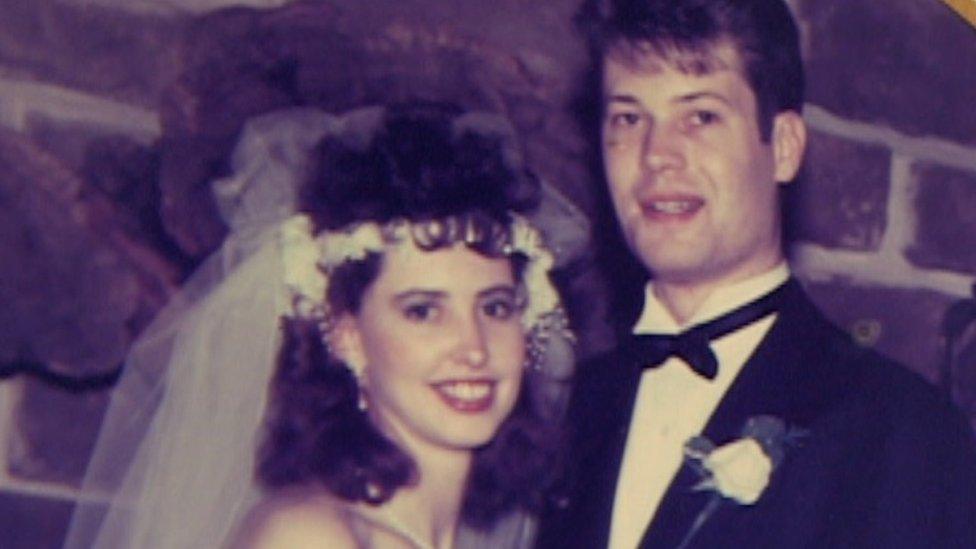
- Published24 July 2019
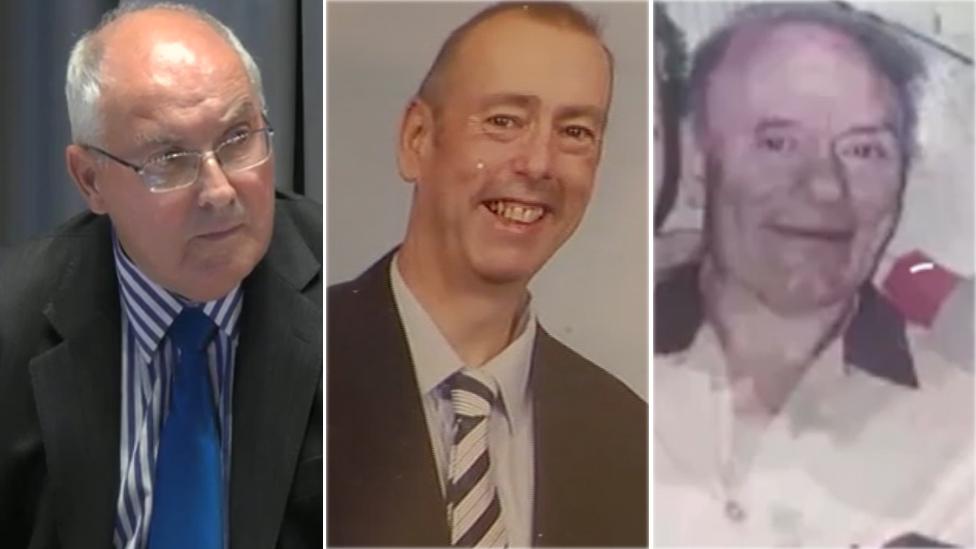
- Published23 July 2019
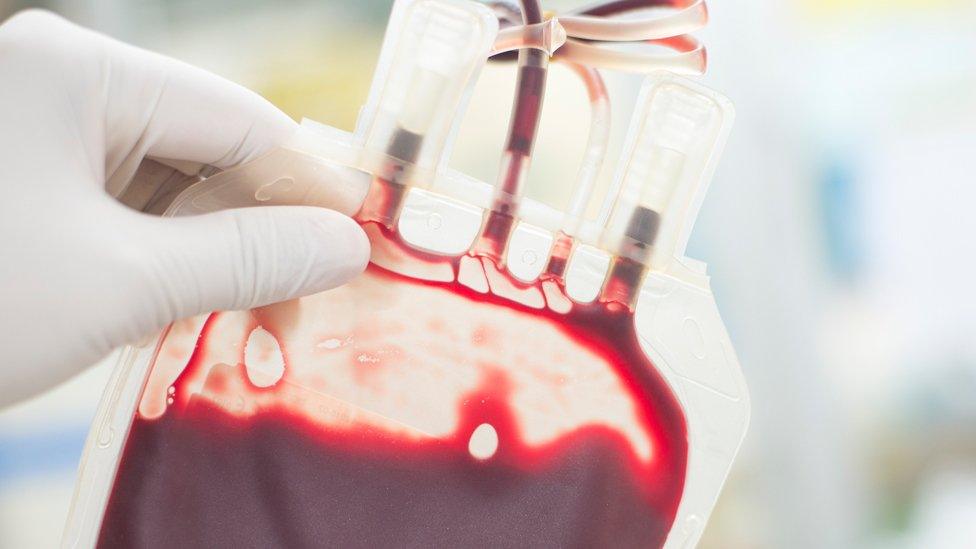
- Published22 July 2019
